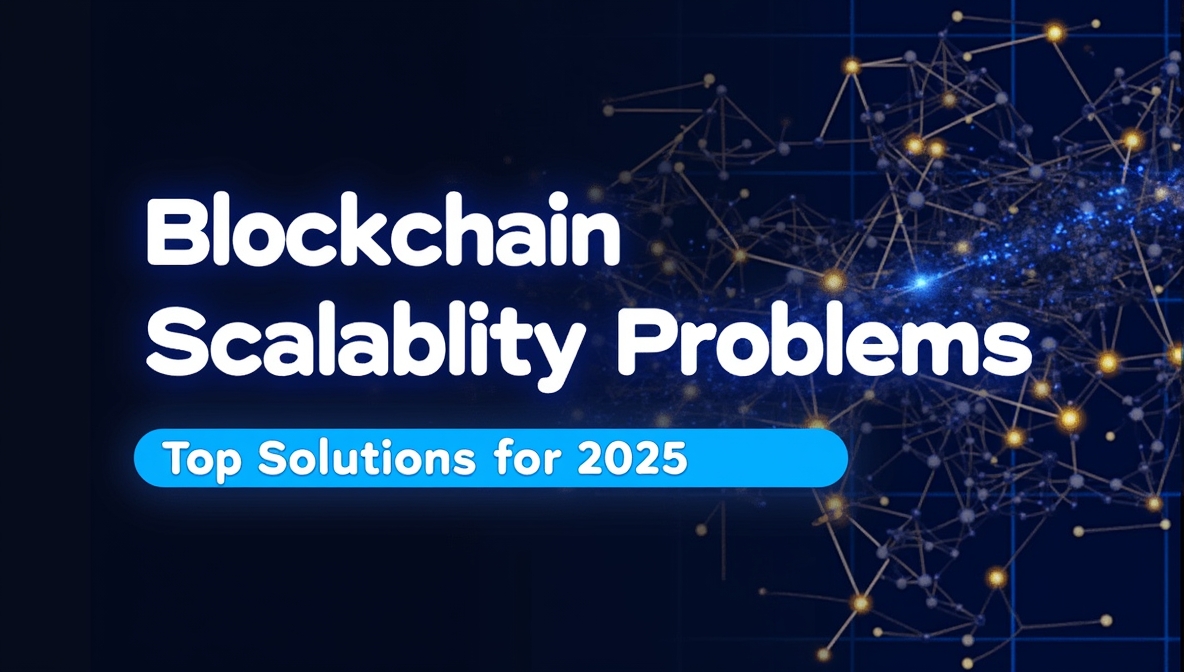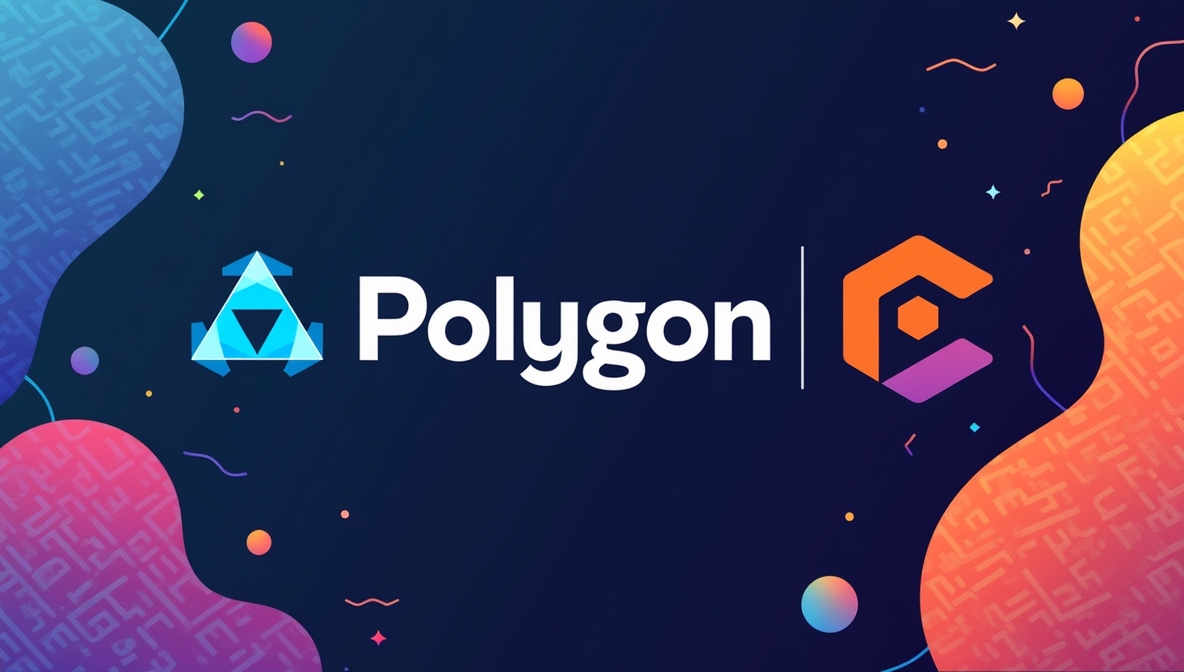In 2025, smart contracts have become more than just blockchain code — they’re reshaping how enterprises automate deals, enforce agreements, and cut operational costs. With the rise of AI-enhanced contracts, multi-chain systems, and an urgent need for robust security, forward-thinking companies are racing to integrate these technologies into their operations.
But not all smart contract developers are built the same. To help you navigate this evolving space, we’ve rounded up the top 7 enterprise smart contract development companies pushing innovation, scalability, and security to the next level.
Key Criteria for Selecting Smart Contract Developers
Choosing the right enterprise smart contract developer goes beyond coding skills — it’s about finding a partner who understands security, scalability, and innovation. Here’s what to look for:
Security + Audits
Security is the backbone of smart contracts. Formal verification methods, rigorous code audits, and vulnerability prevention are critical to avoid costly breaches or exploits.
Read More: Your Ultimate Guide to Smart Contract Security
Supported Blockchain Platforms
TechTarget believes that not every platform fits every enterprise need. Whether you’re building on Ethereum, Solana, Polygon, or Hyperledger, make sure your developer has profound experience on your target chain.
Read More: Choosing the Best Blockchain for Smart Contracts in 2025
Cost and Pricing Models
LitsLink says smart contract costs aren’t just about developer rates — gas fees, optimization strategies, and pricing models (fixed, hourly, team-based) all impact your bottom line.
Enterprise Experience
A developer’s track record with large-scale enterprise projects matters. Look for case studies, proven deployments, and clients with similar needs.
Innovation Capacity
AI integration, automation, and cross-chain compatibility are no longer optional for leading enterprises —they’re essential for staying competitive.
Read More: AI and Blockchain Integration: A 2025 Framework

The List of Smart Contract companies
To help enterprises navigate the crowded smart contract development space, we’ve compiled a side-by-side comparison of the top 7 companies based on their strengths, platform expertise, ideal use cases, and real-world feedback.
This classification is built from a combination of official company profiles (from their websites, such as LeewayHertz, SoluLab, Tokenova), rankings, and industry articles (like the Synodus blog and SoluLab’s top companies post), and user sentiment drawn from developer discussions on Reddit.
Tokenova
Tokenova specializes in programmable smart contracts and tokenization for financial services, offering post-trade lifecycle automation and cross-chain deployment on EVM-compatible platforms . They position themselves as an advisory and incubator partner in the blockchain space.
Read More: What is Smart Contract Development? A Complete Guide
LeewayHertz
A long-time enterprise tech player, LeewayHertz excels in Hyperledger and Ethereum development. Their portfolio includes supply chain, fintech, and healthcare projects, and they’re praised for scalability and polished delivery. Enterprise clients appreciate their robust project management and clear communication, though some mid-sized clients report that working with LeewayHertz can feel “enterprise-heavy”—structured, formal, and sometimes slower-moving.
SoluLab
SoluLab strikes a balance between DeFi innovation and enterprise solutions, with strong integration of AI and automation tools. They frequently appear in “top company” rankings thanks to their wide range of services, from NFT platforms to enterprise-grade smart contracts. Reddit discussions highlight their responsiveness and startup-friendly vibe, but a few users mention occasional hiccups when scaling up to large, multi-phase enterprise projects.
OpenZeppelin
OpenZeppelin is considered the industry leader in smart contract security audits and Ethereum libraries. Numerous projects, such as major DeFi protocols, depend on their audited contracts and proven tools. While they aren’t a “custom dev shop” in the traditional sense, enterprises turn to OpenZeppelin when security and formal verification are non-negotiable. Reddit devs consistently praise their library quality but warn that OpenZeppelin’s services focus narrowly on security — not end-to-end development.
ConsenSys Diligence
Backed by Ethereum powerhouse ConsenSys, Diligence specialises in formal verification and smart contract audits. They combine consulting expertise with high-level technical reviews, making them a top pick for enterprises that need both strategic guidance and airtight code. However, some clients point out that Diligence‘s services are expensive and might be excessive for smaller projects or startups.
HashCash Consultants
HashCash focuses on fintech, banking, and supply chain smart contracts, leveraging blockchain for industries that demand traceability and transaction efficiency. They’re known for global reach and large-scale implementations, but some community voices point out that their solutions can feel templated, with less flexibility for companies seeking highly customized or experimental projects.
ChainSafe Systems
ChainSafe Systems is a multi-chain research and development leader, prioritising interoperability and decentralised storage. They engage in intricate infrastructure projects and are renowned for their innovative approach to blockchain technology. Developers on Reddit frequently commend ChainSafe for its dedication to open-source work and cross-chain research. However, some caution that their emphasis on innovation may result in less support for enterprise clients seeking sophisticated, innovative solutions.
Read More: Exploring the 10 Types of Smart Contracts in Blockchain
Comparison Table of Smart Contract Development Companies
| Company | Strengths | Platform Expertise | Best For | Community/Client Notes |
| Tokenova | AI, cross-chain, confidential projects | Ethereum, Polkadot, Cosmos, custom R&D | Cutting-edge automation, privacy-preserving apps | Innovative but premium; niche-focused |
| LeewayHertz | Enterprise-grade delivery, Hyperledger + Ethereum | Hyperledger, Ethereum | Large-scale enterprise systems | Strong formal process; slower pace for smaller orgs |
| SoluLab | DeFi + enterprise blend, AI integration | Ethereum, Binance Smart Chain, Polygon | Mid-sized to large enterprises, startups | Responsive, but scaling up can show some gaps |
| OpenZeppelin | Security audits, formal verification, libraries | Ethereum | Security-critical projects, audits | Trusted libraries; focus only on security, not builds |
| ConsenSys Diligence | High-end Ethereum consulting + audits | Ethereum | Large enterprises needing both advice + review | Premium service; may be overkill for small needs |
| HashCash Consultants | Fintech + supply chain smart contracts | Hyperledger, Ethereum, Ripple | Banking, logistics, global enterprises | Efficient but less experimental/custom work |
| ChainSafe Systems | Multi-chain R&D, interoperability, decentralized storage | Ethereum, Polkadot, Cosmos, Filecoin | Research-heavy, cross-chain enterprise solutions | Cutting-edge but less packaged enterprise delivery |
Read More: 30 Smart Contract Project Ideas for 2025
How to Evaluate and Choose the Right Partner
Selecting the right smart contract development partner isn’t just about picking the biggest name — it’s about aligning their strengths with your enterprise’s specific needs. Here’s a focused guide to help you evaluate:

Security Questions
Ask about their audit track record. Have they successfully handled formal verification? What tools do they use to catch vulnerabilities before deployment?
Platform Fit
Not every company is an expert on every blockchain. Are they specialists in your target platform (Ethereum, Solana, Hyperledger, etc.)? Ask for platform-specific case studies and technical depth.
Pricing Clarity
Understand how they charge — do they use fixed-price contracts, hourly billing, or dedicated team rates? Make sure you factor in gas fees and optimization costs, especially for high-volume contracts.
Client Testimonials + Case Studies
Look for success stories from other enterprises. Request references or case studies that showcase their successful solutions to similar problems on a large scale.
Innovation Check
Are they at the forefront of AI, automation, or cross-chain capabilities? Check their R&D initiatives, recent innovations, and thought leadership to gauge if they’re future-ready.
If your enterprise is exploring tokenisation, post-trade automation, or cross-chain smart contract infrastructure, Tokenova may be a strong fit. Their focus on programmable financial workflows and blockchain-backed operations makes them a relevant option for organisations with complex, transaction-heavy needs.
Take the time to evaluate their technical approach, past case studies, and platform compatibility to see if it aligns with your project goals.
Read More: Tokenization and Smart Contracts: Transforming Finance
Conclusion
These seven companies stand out as enterprise smart contract leaders because they combine three critical factors:
- Top-tier security practices (with formal verification and audits),
- Multi-platform expertise (Ethereum, Hyperledger, Polygon, and beyond), and
- Innovation capacity (AI integration, cross-chain solutions, and automation).
In 2025, enterprises can’t afford to lag behind in blockchain adoption. By shortlisting the right development partners, scheduling detailed consultations, and aligning on security and innovation goals, companies can confidently move forward into a future shaped by smart, automated contracts.











